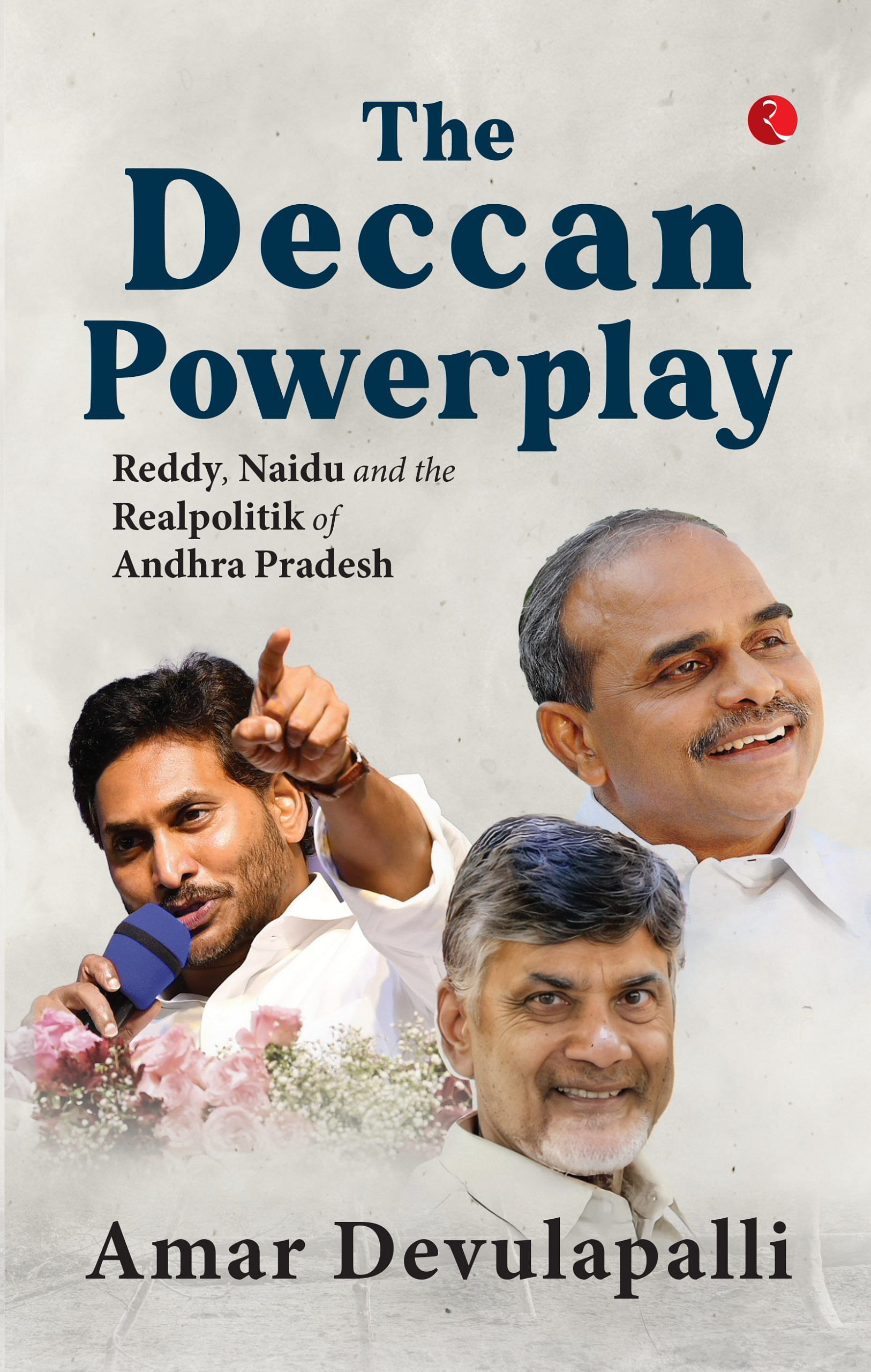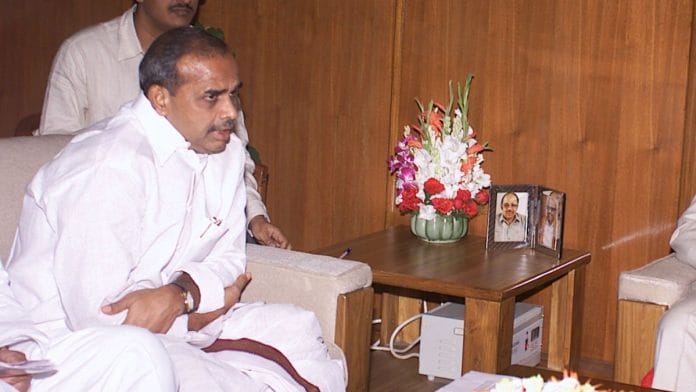In the first two years of his term, YSR worked with messianic zeal to make the administration respond to the farm sector’s crisis. He reiterated about the problems of farmers at every platform available to him, be it the legislature or every other public platform he was invited to. Speaking at the World Agriculture Conference on 8 May 2007 at St Louis in the USA, YSR spoke about the need for a second Green Revolution
in India. The first had transformed India from a food deficit country in the 1960s to a food surplus country over the next two decades. This had inspired countries in East Asia and Southeast Asia to implement farm sector reforms to pull their people out of rural poverty. Now, YSR argued, there was a need for a second Green Revolution in the entire world to end hunger and fight off climate crisis. In the case of India, the major thrust needed to be in regions with less rainfall. YSR’s passionate address evoked a thunderous applause at the conference. YSR was an educated man who used his education to understand his roots rather than escape from them. At a time when the new generation of Congress leaders were growing away from the culturally rooted sensibilities of the party, he revelled in those very sensibilities.
He once told a reporter, ‘In the 1978 Assembly poll campaign, I went wearing trousers and shirt. No one treated me like a political leader. People thought I was a college student. I wondered, “What should I do to appear like a mature man?” Then, the idea of wearing a dhoti hit me. My uncle taught me how to wear a dhoti. Initially, I was a bit uncomfortable but later I got used to it. All my relatives said that I looked dignified in a dhoti. Since then, I have always worn a dhoti. It represents Telugu culture and identity. When farmers see me in a dhoti, they feel I am one of them. When I went to the World Agriculture Conference in 2007, I was wearing my usual dhoti and full-sleeved shirt. When someone said I should wear a suit and tie like other delegates, I refused. This is MY DRESS. I am a farmer.’
Such was YSR’s popularity in Andhra Pradesh that he single-handedly won the election for the Congress in 2009 facing a fierce competition put up by the Mahakutami of TDP, TRS and the Left parties. However, he never went around boasting about himself. He said on several occasions during the campaign that if the Congress won the elections, the credit should be given to Sonia Gandhi, but if it lost, then he should be blamed. The Congress won the election but with a reduced majority.
He was not satisfied with the victory and called it ‘pass marks’. He opined that a lot of policies, schemes and programmes taken up by his government did not reach every beneficiary. Instead of celebrating, he decided to tour the state to renew his touch with the people.
The last decade of YSR’s life saw him reach the pinnacle of his potential. He was not only a beloved leader of the Telugu people but also a man of great influence in national affairs. Not many know that YSR was the main pillar of the United Progressive Alliance (UPA) both in 2004 and 2009. Sanjaya Baru, economist and media advisor to Prime Minister Manmohan Singh, recalled an interesting anecdote. At the release of the book Jalayagnam: Polavaram Oka Sahasi Prayanam written by YSR’s close friend Dr K.V.P. Ramachandra Rao, Dr Baru said, ‘When YSR came to meet Dr Manmohan Singh, the PM told me: “You are from Hyderabad. The Chief Minister is coming. You will personally receive him and bring him.” When I brought Dr Reddy to the 7 Race Course Road residence of the PM, Dr Manmohan Singh said to YSR, “Dr Reddy, I am here because you are there.” Dr Manmohan Singh said this thrice during the meeting.’
When YSR died, heartfelt eulogies were rendered by supporters and critics alike. Revered journalist Palagummi Sainath, a seasoned writer on agriculture and the founder-editor of People’s Archive of Rural India (PARI), wrote in The Hindu on 4 September 2009: ‘No other State declared compensation payments to so many families affected by the suicide of their breadwinners. Andhra Pradesh set up a commission chaired by Prof. Jayati Ghosh to study the entire gamut of agrarian distress. The macro policies of the State and the Centre conflicted with the thrust of the commission’s excellent report, but this was still the first such effort by any State to engage with the farm crisis. Rajasekhara Reddy understood his State better than his colleagues. He saw the importance of hunger in all of Andhra Pradesh and not just in rural regions. Rajasekhara Reddy massively added to the number of Below Poverty Line family cards in the State. His 2004 victory was viewed as a rural revolt.’
 This excerpt from The Deccan Powerplay: Reddy, Naidu and the Realpolitik of Andhra Pradesh by Amar Devulapalli has been published with permission from Rupa Publications.
This excerpt from The Deccan Powerplay: Reddy, Naidu and the Realpolitik of Andhra Pradesh by Amar Devulapalli has been published with permission from Rupa Publications.






